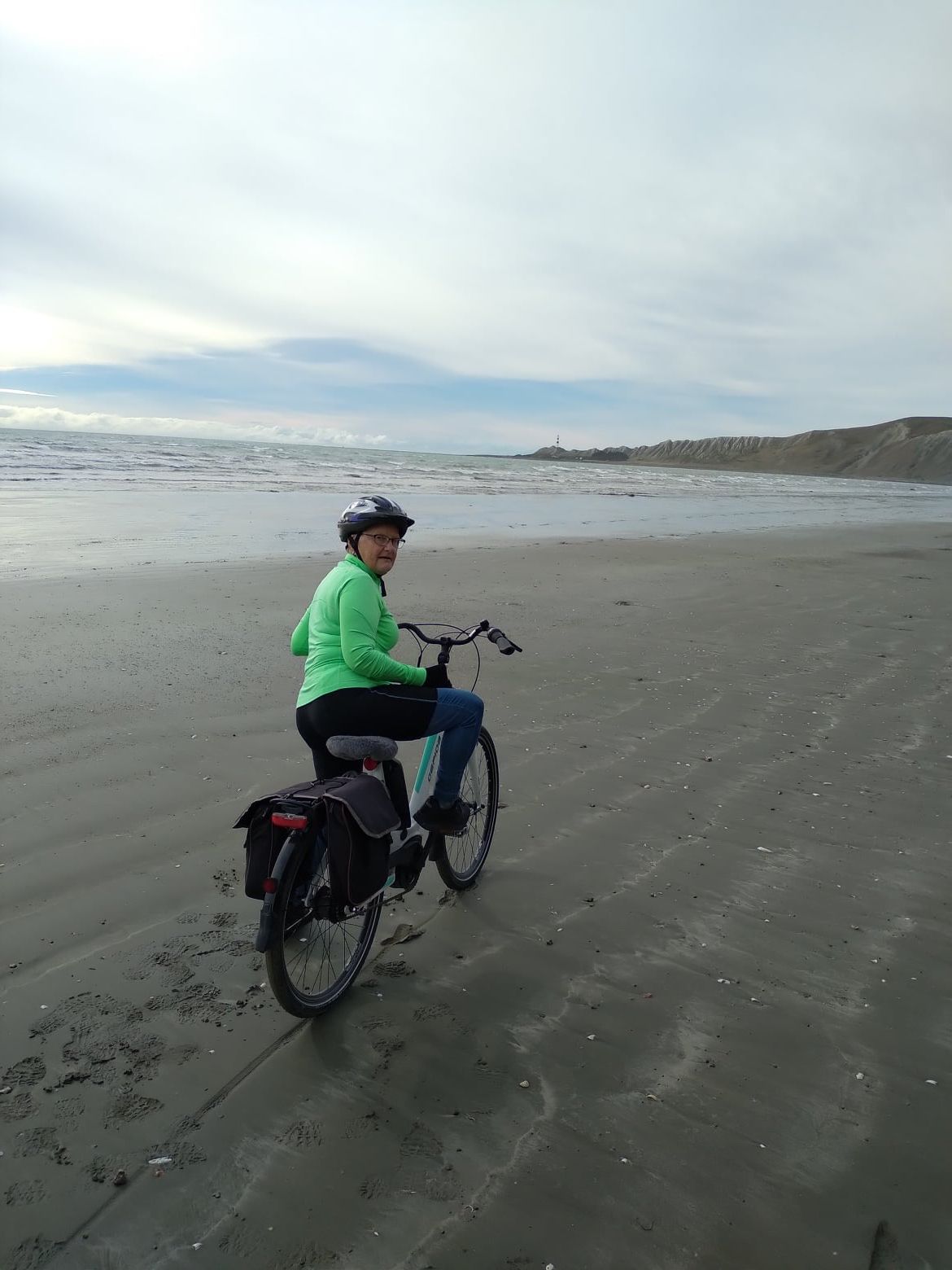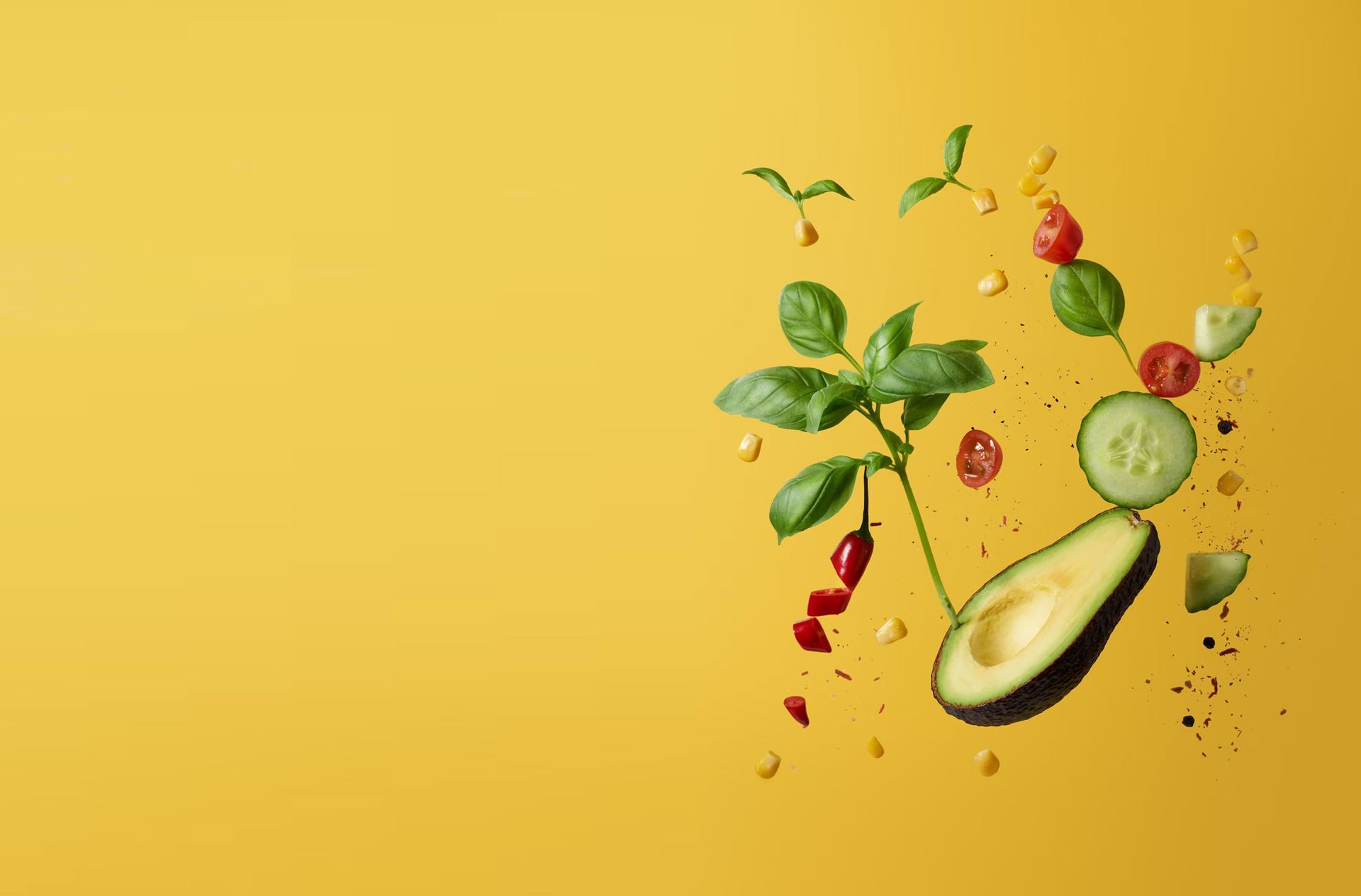0411 278 201
marion@livewhole.com.au
Heading towards Cape Campbell, South Island, New Zealand

Meet Sylvia, my vibrant 78-year-old sister who challenges the notion that age equals decline. In a recent conversation, I delved into what keeps her remarkably fit and healthy at her age.
When I asked Sylvia to rate her health on a scale from 1 to 10, she modestly said 7. She quipped that being a perfect 10 at her age would be a wrong. When I asked what she would need to do to be a 10 she answered, "I'd really need to do nothing at all!" noting that compared to some of her peers, she's already top-notch. In her early days Sylvia carried a bit of extra weight which was common in our family, however her lifestyle has seen her maintain a healthy weight for many years.
Our discussion then turned to her lifestyle choices.
Sylvia doesn’t enjoy staying still for long and stays active with walks, bike rides, gardening, and gym sessions (usually 3 times a week) featuring step classes, strength training, and brain exercises alongside fellow septuagenarians and even an octogenarian.
While she played netball during her school days, regular exercise started with walks in her 30s and progressed onto running. She also played tennis and badminton when her children were younger and kept on with tennis later. Sylvia's fitness journey saw her complete multiple half-marathons and a full one (I didn’t realise she had completed so many, she was much more active than I ever was!) despite early struggles her husband reported with her being “unable to run between lamp posts."
I asked her why her exercise regime is still important now and her answer was “I want to be able to walk up straight. I don’t want to have to lean over on the supermarket trolley like so many other people of my age.” An example of how being able to tap into what motivates us is an important part of achieving our health and wellness goals.
She believes that a balanced diet rich in whole foods including a variety of vegetables and good quality animal protein, all prepared at home is key to her getting good nutrition. She enjoys a glass of wine, a meal out and a treat when she feels like it.
Beyond fitness and a healthy diet, Sylvia finds joy in the friendships she has made in her gym classes and volunteering, cherishes her strong loving marriage, and values close ties with family, long term friends and neighbours. Having meaningful social connections is recognised as an important part of a healthy lifestyle.
Although sometimes not sleeping as well as she would like, Sylvia gets adequate rest to support her active lifestyle. She told me she sleeps much better in the winter when the nights are cooler.
Sylvia's vitality allows her and her husband to enjoy travelling around New Zealand by caravan, revelling in the freedom of being able to pack up and go whenever the mood takes them. They recently travelled here to Tasmania with friends and spent two weeks taking in the sights by car.
In sharing Sylvia’s story, I hope to challenge the stereotype that aging inevitably means decline. Amid headlines of aging populations needing care, Sylvia exemplifies that with a healthy diet, regular exercise, and a rich social life, aging can be a time of vitality and freedom, and while it is never too old to start on a health and fitness journey, establishing good habits earlier in life can have real benefits. I’m very proud of my sister.


